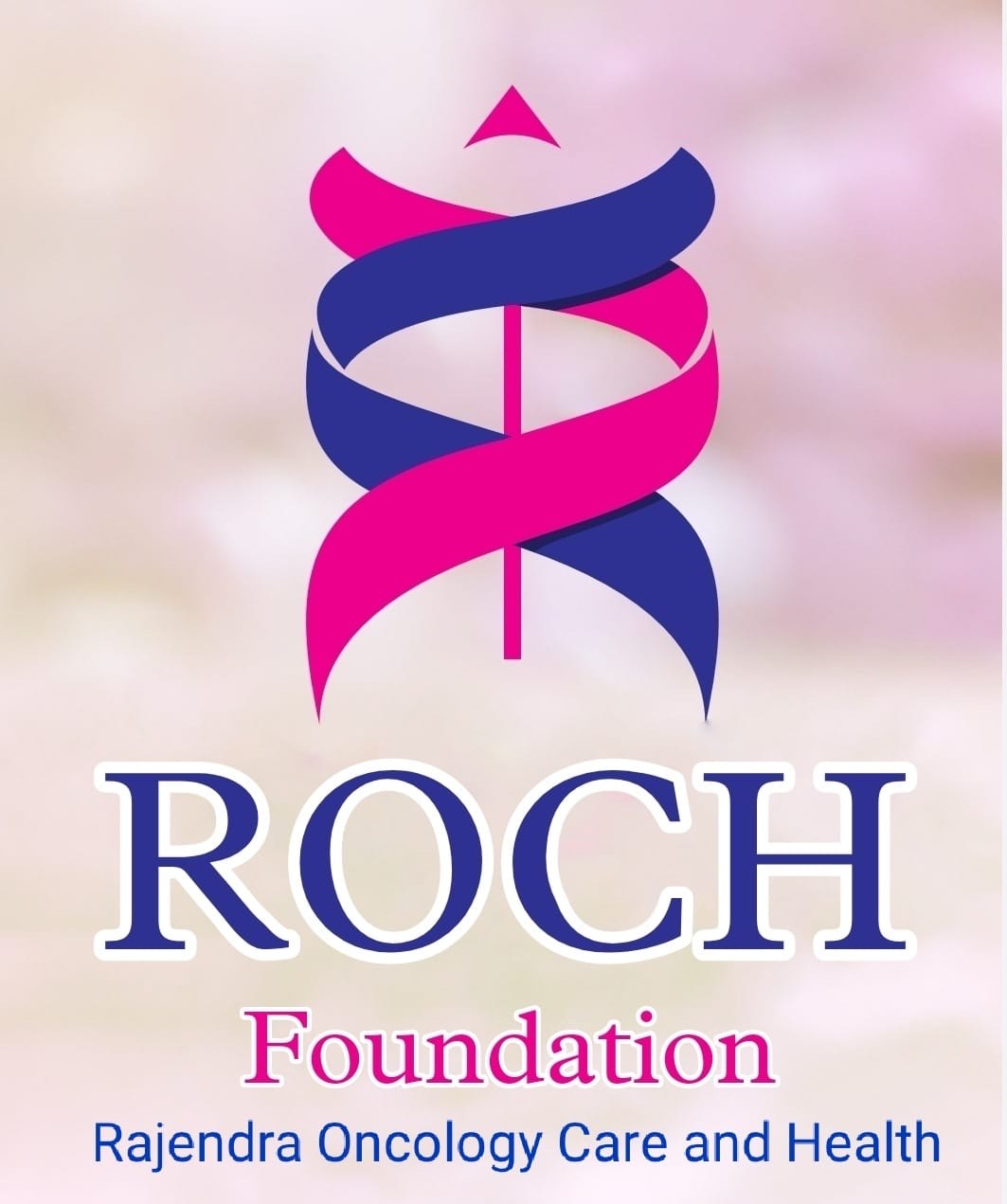By Dr. Hitesh R. Singhavi, Head and Neck Cancer Surgeon
When someone is diagnosed with cancer, especially head and neck cancer, most people focus on surgery, radiation, or chemotherapy as the main treatment steps. But there’s one silent, often-overlooked ally in your fight against cancer: Nutrition—especially protein.
As a cancer surgeon who treats hundreds of patients every year, I’ve seen first-hand how a strong body can better tolerate treatment, recover faster from surgery, and fight off infections. And the fuel that builds and maintains strength in your body? Protein.
🚨 What Happens During Cancer?
Cancer puts your body under tremendous stress. When you’re undergoing treatments like surgery or radiation, your body starts breaking down muscle faster than it can rebuild it. This loss of muscle is called sarcopenia, and it’s very common in Indian cancer patients—especially those with oral and throat cancers.
Why is this dangerous? Because less muscle means weaker immunity, slower wound healing, more treatment side effects, and sadly, lower survival chances.
🧬 How Protein Helps
Protein is the building block of your muscles, tissues, and immune cells. Here’s what it does for cancer patients:
✅ Repairs your body after surgery
✅ Maintains muscle strength during radiation and chemotherapy
✅ Helps fight infections
✅ Keeps your energy up
✅ Reduces risk of feeding tube dependency
✅ Improves overall survival
🍲 How Much Protein Do You Need?
Depending on your weight and condition, cancer patients often need 1.2 to 2 grams of protein per kilogram of body weight per day. That means if you weigh 60 kg, you may need 70–120 grams of protein daily—more than the average person.
🍳 Easy High-Protein Foods (Especially for Indian Diets)
- Paneer (Cottage Cheese) – Soft and easy to eat
- Eggs – 6 grams protein per egg
- Moong Dal, Rajma, Chana – High in plant-based protein
- Milk and Curd – Great sources if not lactose-intolerant
- Chicken and Fish – Excellent lean proteins
- Sattu (Roasted Gram Flour) – Great for shakes or chapatis
- Peanuts, Almonds – Protein-rich snacks (in moderation)
🧴 Supplements When Needed
Sometimes eating enough food becomes difficult—especially due to pain, taste changes, or fatigue. In such cases, medical nutrition drinks be recommended. Always check with your doctor or nutritionist first.
💡 Real Advice from the OT (Operation Theatre) and ICU
As a surgeon, I’ve seen patients who were better nourished before surgery recover faster, need fewer ICU days, and resume normal life quicker. On the other hand, undernourished patients face more infections, flap failures, and higher risk of cancer recurrence.
That’s why nutrition is not optional. It is treatment.
🩺 Final Thoughts from Dr. Singhavi
Head and neck cancer is hard—but you are not powerless.
By eating smart, focusing on protein-rich foods, and not neglecting your body’s basic needs, you can significantly improve your chances of recovery.
If you or a loved one is battling cancer, I urge you: Treat nutrition as seriously as you treat your chemotherapy or surgery.
Your strength, survival, and smile depend on it.
🔍 If you have questions about diet, protein, or managing nutrition during cancer, talk to your doctor or a trained dietician. Never start supplements without medical guidance.
—Dr. Hitesh R. Singhavi
MDS, Head & Neck Oncosurgeon
Dedicated to restoring hope and health, one patient at a time.

